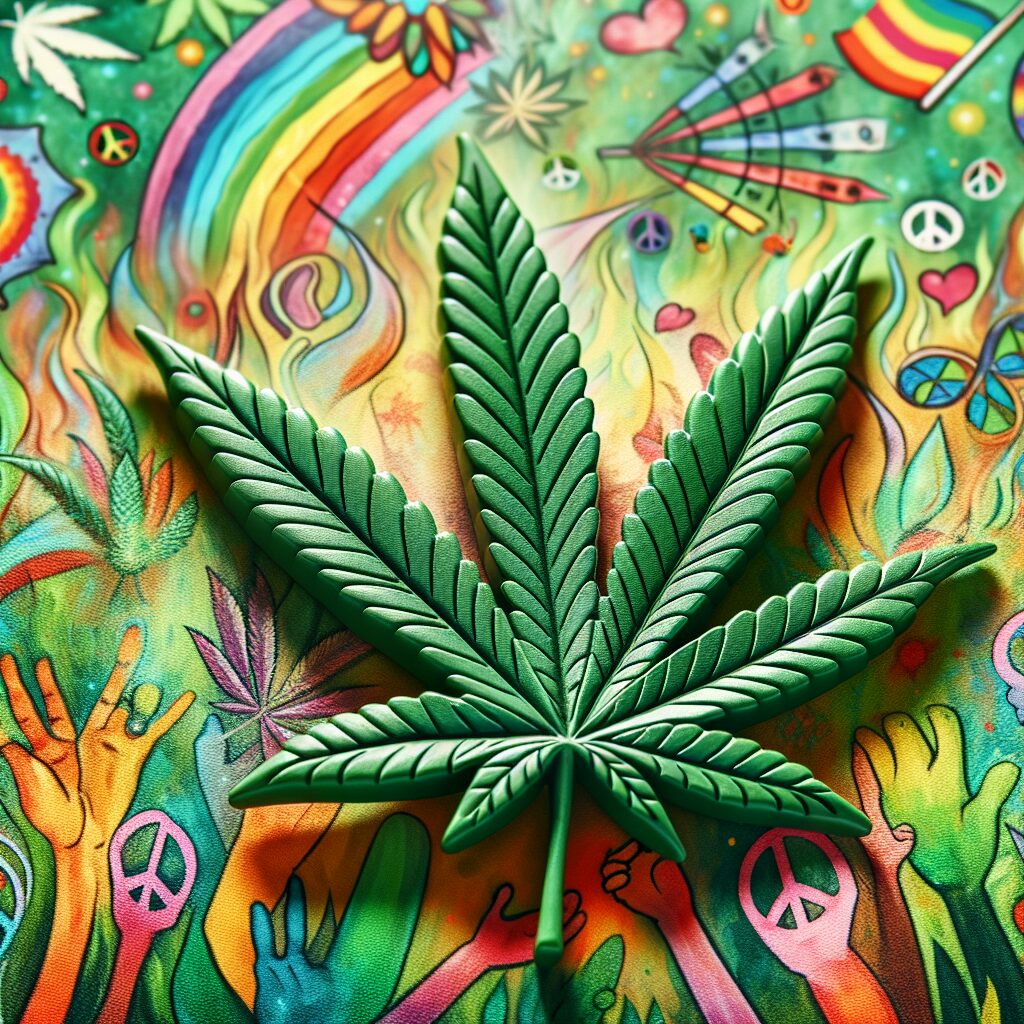Every year, as April approaches its midpoint, a peculiar yet widely recognized holiday approaches on the calendar—April 20th, or as it is colloquially known, 4/20. This date has transcended its origins to become a global phenomenon within and beyond cannabis culture, marking not only a day of communal celebration but also a pivotal moment for advocacy and industry reflection. But how did this particular day earn its status, and what does its evolution tell us about changing societal attitudes towards cannabis?
The Humble Beginnings of 4/20
The story of 4/20 begins unassumingly in the early 1970s at San Rafael High School, located in the quiet, picturesque county of Marin, California. A group of friends, self-nicknamed “the Waldos” due to their penchant for congregating by a wall, unwittingly planted the seeds of a cultural movement. The Waldos would meet at 4:20 p.m. after school, a time specifically chosen as it was when extracurricular activities ended. This daily rendezvous was not just about socializing but also involved searching for an abandoned cannabis crop they had learned about, which, legend has it, was free for the taking.
The term “420” was initially their code for this specific adventure. It facilitated discreet communication about their plans in the presence of unsuspecting parents and teachers. However, the term evolved, coming to signify not just the time of their meetups but also a codeword for smoking marijuana itself.
Connection to the Grateful Dead
The cultural proliferation of 4/20 as a term and concept owes much to the Waldos’ geographical and social proximity to the Grateful Dead, an iconic rock band known for its eclectic style and an ardent following reflective of the era’s counterculture. Members of the Waldos had family connections to the band’s inner circle, providing them backstage access and opportunities to spread the 420 code within this larger community.
As the Grateful Dead toured, the term found fertile ground among followers and spread across the United States. Tape trading among fans and the itinerant nature of Deadheads, as the band’s followers were known, turned “420” from a localized lingo into a nationally recognized shorthand among cannabis users.
The Evolution into a Global Phenomenon
From these countercultural roots, 4/20 grew organically, its observance gaining traction in the 1990s as awareness spread through word of mouth and media coverage. The significance of April 20th transitioned from an inside joke to a full-fledged cultural event, marked by gatherings, music festivals, and “smoke-ins” that advocated for the legalization of cannabis.
Today, 4/20 serves as a confluence of celebration, protest, and commercial interest. In cities like Denver, San Francisco, and Vancouver, 4/20 rallies draw thousands, ranging from casual users to hardcore activists. These events often feature speeches, live music, and vendor booths, creating an atmosphere akin to a community festival.
Economic and Political Implications
The modern 4/20 is also a major commercial event, reflecting the growing legalization and acceptance of cannabis. Dispensaries and cannabis businesses prepare months in advance, offering discounts and launching new products. The economic impact is significant; for instance, cannabis sales during the week of April 20th typically see a marked increase, sometimes by as much as double the normal rates.
Politically, the day has become an important time for advocacy groups to mobilize support. With more U.S. states and several countries moving towards legalization, 4/20 rallies also function as platforms for political engagement, pushing for changes in cannabis laws and policy reforms.
A Day of Cultural Significance
What began as a private code among teenage friends has transformed into a day of significant cultural, economic, and political importance. The story of 4/20 is not just about cannabis but also about how cultural phenomena can evolve and influence society. As attitudes towards cannabis continue to shift, 4/20 remains a potent symbol of both change and continuity in the ongoing dialogue about cannabis, its benefits, and its place in society.
As we observe 4/20 this year, it serves not only as a testament to the enduring legacy of a youth subculture of the 1970s but also as a reflection of broader societal changes and the evolving dynamics of legal and cultural acceptance.
Tags: 4/20, April 20th, weed
